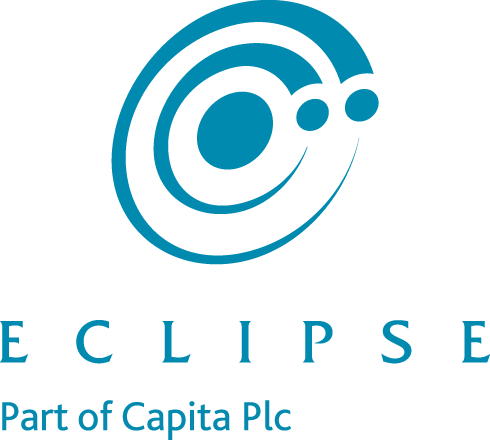Darren Gower (pictured), Marketing Director at Eclipse spoke to LPM Magazine to discuss why law firms should be going green.
 For law firms, direct environmental impacts may be small in comparison to companies in sectors such as extractives or energy, but increasingly stakeholders, clients and employees expect firms to minimise their impacts and report on their environmental performance – and firms may begin to lose out to competitors who do. There’s most certainly a business case for law firms going green: it reduces costs by using fewer resources, requiring less energy and generating less waste. This keeps firms competitive as environmental credentials become a bigger part of clients’ buying decisions, and improves employee attraction and retention.
For law firms, direct environmental impacts may be small in comparison to companies in sectors such as extractives or energy, but increasingly stakeholders, clients and employees expect firms to minimise their impacts and report on their environmental performance – and firms may begin to lose out to competitors who do. There’s most certainly a business case for law firms going green: it reduces costs by using fewer resources, requiring less energy and generating less waste. This keeps firms competitive as environmental credentials become a bigger part of clients’ buying decisions, and improves employee attraction and retention.
For many law firms, office waste and travel are often among the first areas to come under the spotlight to drive down costs and carbon emissions. It seems that many organisations still underestimate just how much office waste is actually costing – Waste and Resources Action Programme reports that it could be as high as 4% of turnover. It has been estimated that the average office worker in the UK uses 45 sheets of paper a day and I suspect this figure is much higher in our sector, so it follows that going paperless is a key step that a law firm can take in its environmental journey.
Cut out paper – cut out cost. I’ve worked with mid-sized law firms that have gone paperless, one of which makes a conservative estimate that it’s now saving £65,000 per year. Others tell me how time-sapping manual document production has been eliminated thanks to going paperless, and associated costs of secure storage and expensive DX services are eliminated too.
Today’s technology functionality can drive you closer to a paperless office at pace. Several law firms I work with take pride in operating with no physical documents and virtual mail rooms. Yet, in saving natural resources and reducing a firm’s carbon footprint in this way, business value is also created from what this automation brings to communicating and collaborating with clients: more efficiency, via selfservice technologies, creating auditable automated workflows, and the like. Such technology innovations not only enable the paperless office but bring efficiency, improved case progression and transparency, and also significant reductions in staff time spent on administrative tasks.
Minimising the need for staff and client travel is also important when law firms set about reducing their environmental impact. Accessible conference venues and locating new offices near public transport can help. But, encouraging and supporting employees to use technology to collaborate anywhere at any time – way beyond email and mobile phones, with cloud services, SaaS models, videoconferencing and distributed case management systems, and self-service tools for clients – can help decouple environmental impact from revenue growth. Enabling working from home in this way delivers significant savings in the form of commuter carbon. But again, the planet’s not the only winner. I’ve spoken with firms where it has helped with staff retention because their people can relocate to different cities, working entirely without paper or at least working at home part of the week in harmony with their domestic needs. And, of course, they no longer need to transport heavy physical files backwards and forwards.
So, from what I’ve seen, using technology to support your environment strategy is absolutely the right thing to do: it’s good for your people, your profit and the planet.


